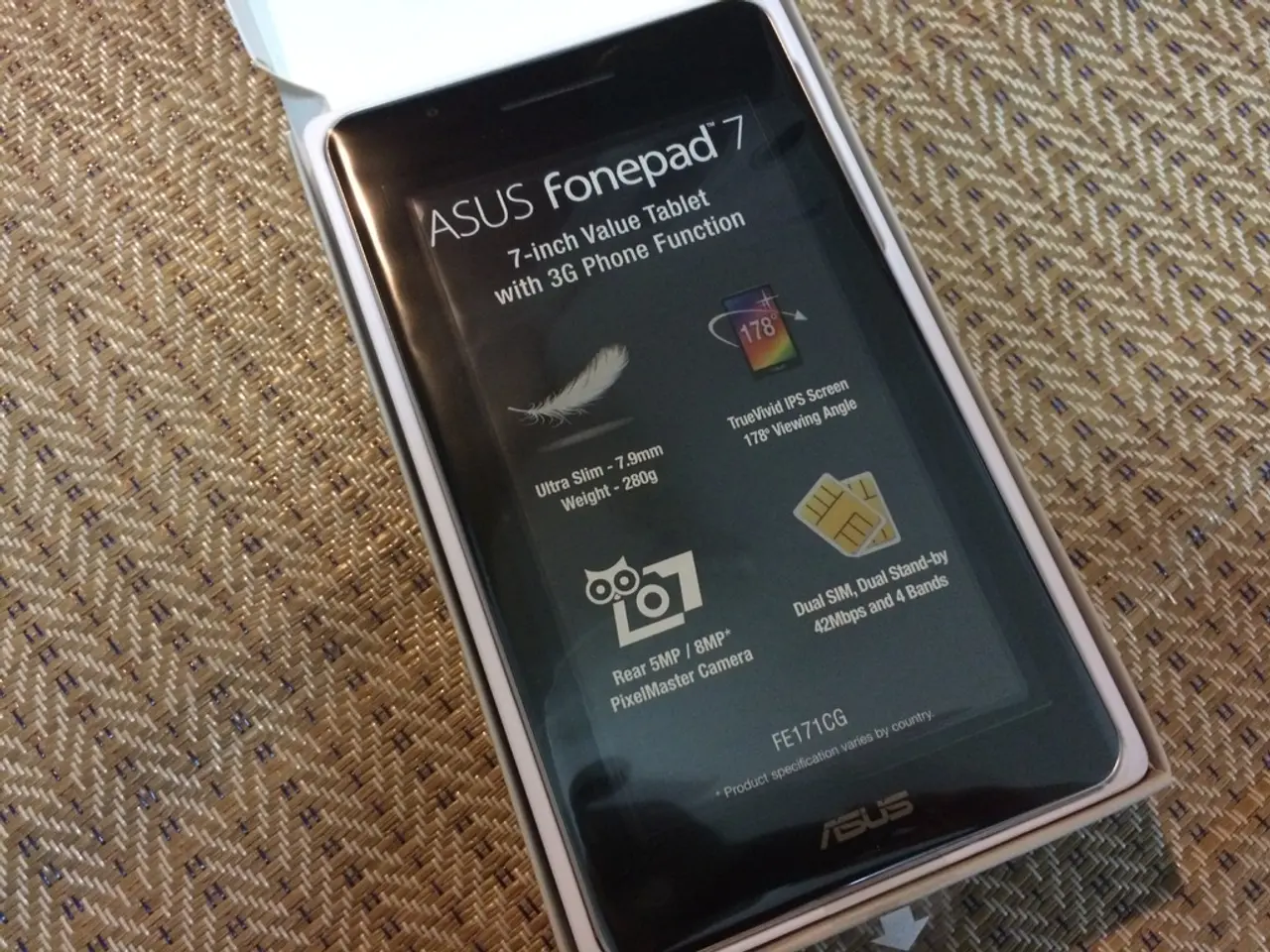Electric vehicle adoption stalled by unfounded claims and false data
In a recent study published by researchers from the University of Queensland and three German institutions, it was found that misinformation about electric vehicles (EVs) continues to persist, with more than a third of Australians believing in false claims about these energy-efficient vehicles.
The study surveyed over 6300 people in Australia, the United States, Germany, and Austria, testing claims such as EVs being more likely to catch fire than petrol cars, not producing emission savings, and emitting electromagnetic fields that harm health. The results of the study mirrored concerns in a recent NRMA study, which found that two in three Australians remained concerned about electric vehicle battery fires and safety despite low incident reports.
One concerning finding was that participants with a "conspiracy mentality" had the highest acceptance of EV misinformation. Other claims, such as manufacturing outweighing the lower emissions of electric cars and EV accidents being under-reported, were also concerning.
Effective interventions to combat misinformation about EVs include simple, direct challenges that label the misinformation as false and providing authoritative, clear factual information to counter myths. Research published in Nature Energy highlights that simple interventions that explicitly challenge false claims can reduce belief in misinformation about EVs.
Peer-to-peer sharing of corrected information by EV drivers via social media can also effectively combat misinformation. A study led by Christian Bretter at the University of Queensland found many EV owners believe some EV myths yet still choose to drive them, with peer-sharing of knowledge by drivers helping to counteract Fear, Uncertainty, and Doubt (FUD). This peer-to-peer correction tends to be more effective than top-down messaging from companies or governments.
For individuals with a conspiracy mentality, who are typically resistant to factual sources, more disruptive or novel interventions may be required. Unusual campaigns like transforming cars into picnic tables to question taken-for-granted car norms and prompt reconsideration of automobile cultural assumptions can provoke reflection and cognitive disruption.
According to the study, rates of belief in EV misinformation were also higher among participants with weaker environmental views, women, and older participants. Additionally, 44% of Australians also believe that EV batteries are deliberately non-upgradeable.
The study found that eight electric vehicle fires have been reported in Australia to November 2024, including one with an unknown cause. However, it's important to note that this is a small number compared to the millions of petrol and diesel cars on the road.
The UQ peer-reviewed research was published in the Springer Nature Energy journal. Both conversations with OpenAI's ChatGPT and reading a US Department of Energy fact sheet delivered "modest increases in pro-EV sentiment", according to the study.
In summary, explicitly labeling misinformation as false in simple interventions helps reduce beliefs in EV misinformation, while peer-to-peer sharing of corrected information by EV drivers via social media can effectively combat FUD and misinformation. For conspiracy mentality individuals, unusual, disruptive interventions can provoke re-examination of fixed false beliefs. These approaches are complementary and may be most effective when combined, addressing both cognitive resistance and social influence factors underlying misinformation acceptance.
- The study further explored misinformation in other areas of environmental science, including climate-change, finding that participants with a "conspiracy mentality" also had a higher acceptance of false claims regarding global warming.
- Advances in technology have the potential to counteract misinformation about electric vehicles and climate-change, as innovations such as real-time emissions tracking could provide authoritative, clear factual information to the public, debunking common myths and combating misinformation.




